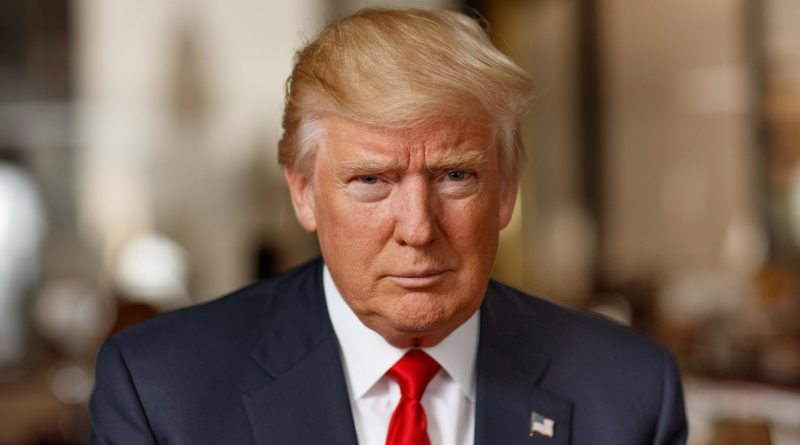A Reading of President Trump’s Statement on Nigeria, By Gimba Kakanda
Perhaps comprehension has become a casualty in this debate, but I find it difficult to understand how anyone can claim that U.S. President Donald Trump’s recent statement on faith-based violence in Nigeria aligns with the sectarian agenda advanced by certain groups. Two points stand out clearly in his comments. First, he deliberately avoided describing the situation in Nigeria as “genocide,” instead using the phrase “existential threat to Christians.” Secondly, and crucially, he identified radical Islamists, not the Nigerian state, and certainly not Nigerian Muslims, as the perpetrators of violence. These distinctions matter greatly, as they contradict the divisive rhetoric being promoted by those seeking to pit one faith community against another.
This is not the first time President Trump has raised concerns about alleged one-sided violence against Christians. During former President Muhammadu Buhari’s visit to the White House on April 30, 2018, President Trump remarked, “We’re deeply concerned by religious violence in Nigeria, including the burning of churches and the killing of Christians.”
In response, President Buhari, while framing the violence as indiscriminate, acknowledged the challenge of violent herdsmen and cross-border recruits from Libya and the Sahel, and stressed that his government was doing its best to stabilise the situation.
There is a reason that moment remains instructive. Rather than amplifying a narrative of state-sponsored sectarian extermination, the U.S. side identified religious violence as one of several security concerns. The Nigerian side responded by framing the violence as part of complex socio-security dynamics, not as a conspiracy of Muslims against their Christian compatriots.
It also bears reiterating that the claim of “genocide” against Christians in Nigeria does not meet the legal definition established under the 1948 Convention on the Prevention and Punishment of the Crime of Genocide. The Convention defines genocide as acts committed with the intent to destroy, in whole or in part, a national, ethnic, racial, or religious group as such.
There is no credible evidence that the Nigerian government is masterminding the destruction of Christians. The origins and dimensions of violence in Nigeria are unmistakable. They are rooted in terrorism, banditry, communal conflicts, resource competition, and, admittedly, weak governance over the years. This does not amount to the state-directed and systematic campaign that the term “genocide” presupposes.
President Trump’s statement, while emotively focused on Christian victims, does not mirror the propaganda promoted by some far-right commentators who claim that the Nigerian government turns a blind eye to attacks on Christians or that Nigerian Muslims are complicit. On the contrary, he singled out radical extremists. This distinction aligns with the Nigerian government’s own position and reflects the sacrifices of its multi-faith armed forces in confronting terrorism across the Sahel and West Africa.
The line between NGO activism and diplomatic engagement is clear. Activism draws its energy from outrage, while diplomacy thrives on dialogue. In this regard, the response of the Ministry of Foreign Affairs exemplifies the restraint and statesmanship required in such a situation. It acknowledges the concerns raised, reaffirms Nigeria’s commitment to religious freedom, and emphasises partnership with the United States in tackling violent extremism, which is the central theme of President Trump’s statement.
ALSO READ: Trump designates Nigeria Country of Particular Concern over false Christian genocide claim
This is reminiscent of President Cyril Ramaphosa’s masterclass in diplomacy during his Oval Office meeting with President Trump, when Trump made claims about alleged killings of white farmers in South Africa. Ramaphosa refused to be provoked and chose to engage with facts. That act of composure shielded South Africa from further reputational harm and potential economic consequences. Such measured diplomacy is not weakness; it is wisdom.
Nigeria, as Africa’s largest democracy, operates in a subregion where democratic governance has faced severe strain in recent years. It cannot afford the luxury of an antagonistic posture toward a strategic partner like the United States, and it is reasonable to believe that the U.S. authorities are equally aware of this. There are no winners in a diplomatic standoff between Abuja and Washington, only losses for both nations. What must prevail now is reason.
Gimba Kakanda is a Senior Special Assistant to the President on Research and Analytics. He first published this article on his Facebook page.


